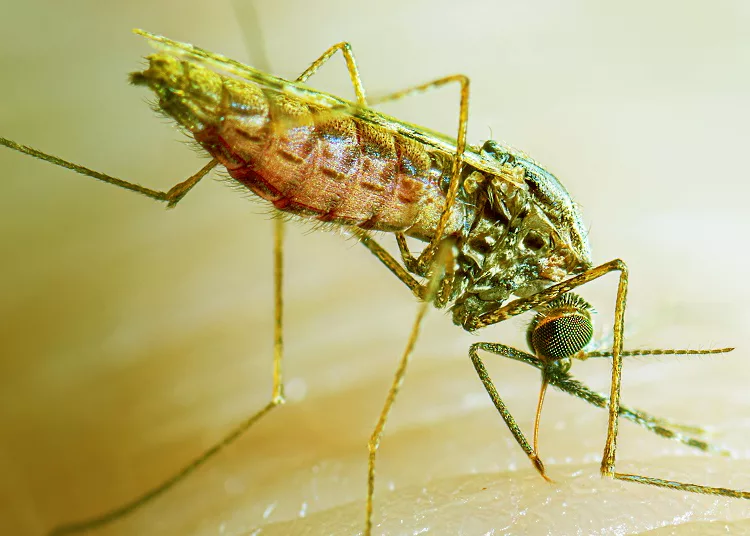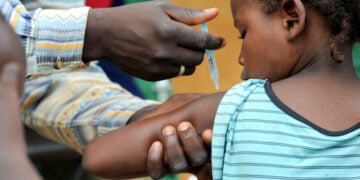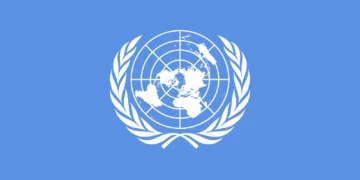The World Health Organisation (WHO) and other stakeholders have urged the Nigerian government on investment in data, and effective sustainable approaches to malaria elimination in the country.
They stated this at the Ministerial Roundtable Meeting – Rethinking Malaria Elimination in Nigeria, held in Abuja.
WHO regional director for Africa, Dr Matshidiso Moeti, stressed the importance of having accurate and reliable data, saying it was crucial to accelerating fight against malaria in Nigeria.
She said, “For Nigeria to accelerate its effort, it needs to invest more in data from local communities across the country to know exactly what is going on there.”
Moeti, however, commended the Nigerian government for its efforts, especially with the increase in health budget, describing it as an excellent and a very courageous decision.
She said, “What we need first and foremost in other to change the state in our countries is political commitment translated into action like we are seeing here in Nigeria with the increase in the budget.”
Meanwhile, the minister of Health and Social Welfare, Prof. Mohammed Ali Pate, disclosed that the country was deploying tools that can reduce the burden of malaria.
“Whether the long lasting net, better treatment, testing and treatment of malaria, including the approach from the improved availability for the medicines for malaria and fostering local production of products that could treat malaria or testing for malaria in the country,” he explained.
The minister called for the support of partners in investment in malaria control and elimination, including local production of anti-malaria drugs.
He also emphasised the important role of community leaders across sectors, stating that the fight against malatia requires collective efforts.
Pate said: “It also brings in the community leaders across sectors, the need to come together because it will take a movement of Nigerians, nobody will come from Geneva to solve the problem of malaria in Nigeria. It is Nigerian leaders in communities: traditional leaders, religious leaders and private sector Leaders that will come together and join hands to solve malaria problem.”
On the call to action, the minister said: “We need to move from idealism to pragmatism to be practical as to what is possible. Have high ambition but also have realism. We need to shift from business as usual.
“To shift from fragmentation to more coherent approaches in the context of the sector wide programme. From approaches that lean more towards one side to more multilevel certification. Shifting from focus on input and processes to focus on the outcomes that matter which is reducing malaria burden, increasing survival and reducing mortality.
“From inefficient state of approaching to being a bit more efficient giving the limitation of resources. From focusing on accountability but shifting that accountability from duty bearers to the right bearers; to the people, to the citizens so that we deliver for the outcome that matters to them.”
The national coordinator of the unlocking healthcare value-chain initiative, Dr. Abdu Mukhtar, said the country needed to look inward in terms of drug promotion, adding that local production of anti-malaria drugs will improve access to effective treatment.
Also, wife of the Ooni of Ife, Olori Temitope Ogunwusi, stressed the need for collective efforts in the fight against malaria.
She said: “We need like a community tour where everyone needs to be engaged in this. Enough of the talk, we are ready to work the talk.”
The event brought together many local and international partners.





